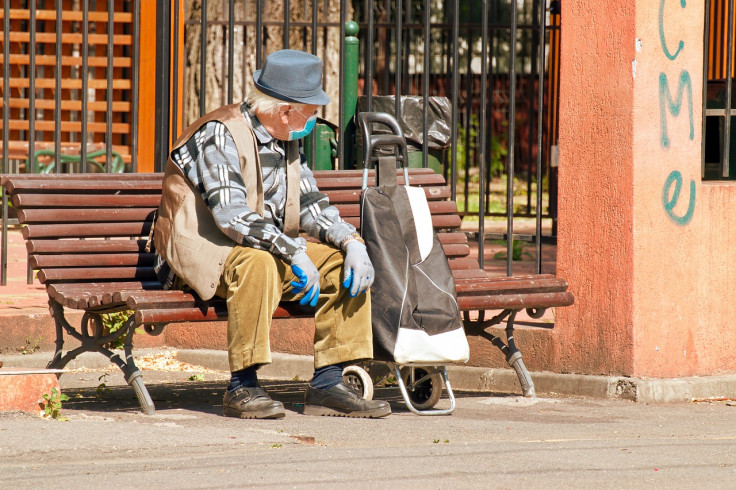International Day of Older Persons: How to care for the elderly amid pandemic
Those aged 60 and older already outnumber those aged below five years old, according to the United Nations.
The pandemic is a looming threat to the health and well-being of the elderly. With the celebration of the International Day of Older Persons, everyone is reminded of the importance of giving the elderly the utmost care and raising awareness on their special needs.
Thursday, Oct. 1 of this year marks the 30th Anniversary of the International Day of Older Persons. It was on Dec. 14, 1990, when the United National General Assembly designated the first day of October as the day of celebrating the older population of the world. In fact, the United Nations projected that in the current year, those aged 60 and older already outnumber those aged below five years old. With a growing aging population, properly taking care of them amid the pandemic becomes of utmost importance. Here's how you can show them you care.
If you are taking care of the elderly, make sure that you keep yourself well. Be mindful of personal hygiene especially with the possibility of contracting COVID-19. Sanitise your hands frequently and make sure that you also do a thorough cleaning of the surfaces that are mostly touched by the elderly.
Even if you tested negative for COVID-19, make sure that you observe physical distancing. This must not be equated to isolation because they are two different things. The elderly cherish communication or that connection with another human being. This does wonders for their mental health and overall well-being. The golden rule is to observe physical distancing without isolating the elderly.
Use technology to keep in touch with an elderly loved one. You can teach them how to use video chat apps on the smartphone or tablets. Also, try to invite friends and family to check or chat with the elderly family member.
Dr Alicia Arbaje of Johns Hopkins University mentioned that one important way to care for the elderly amid the pandemic is to minimise the risk of infection. Doctor visits that are deemed unnecessary must be postponed. Check with the elderly's doctor if they offer telemedicine, and if they do, then go for it. Also, as much as possible, try to avoid travel. Do not encourage the elderly to go on a cruise or a trip, as this would only expose them to a crowd.
In the event your elderly loved one was still exposed to someone with coronavirus, in spite of precautions, it would be best to seek the help of your family doctor. Be mindful of the initial COVID-19 symptoms that include fever, cough, and shortness of breath. When you observe any of these, act on it right away and seek medical help.
© Copyright IBTimes 2025. All rights reserved.






















